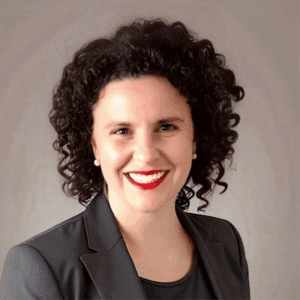I receive a steady stream of missives from teachers, ex-teachers, and other folks who have insider knowledge of America’s schools. They all say the same thing – classroom discipline is falling apart and has been for some time — and ask the same question: What can be done?
Public-school administrators — not all, but entirely too many — refuse to acknowledge the problem. When I bring the subject up, they dismiss it, as in, “Oh, it’s not as bad as people make it out to be,” whereas every teacher I’ve spoken to in the past 20 years has told me it’s worse than the public even imagines and getting worse with every passing year.
One insider recently wrote: “Excellent teachers are giving up. They send kids to the office when they’re disruptive, and in minutes the child is back after having received a cookie or some other treat while they talked about their ‘feelings.’ Also, almost every teacher says that when they call a parent about a child’s behavior, the parent makes excuses or blames the teacher.”
That description is typical. I will simply add that not only are many good teachers leaving, but many good students are as well. They are either moving to private schools (where a disproportionate number of public-school teachers send their kids) or being home-schooled. As a result of this exodus, the per capita rate of problem students rises. Add in the steady increase in under-disciplined children coming to kindergarten and the question becomes: What will public education look like in 10 years if these trends continue?
At this point, the reader should know that I flunked fortune-telling in graduate school and had to relinquish my crystal ball and tarot cards; nonetheless, I predict that by 2030 nearly every public-school student will have a diagnosis of one sort or another.
In most cases, these diagnoses will be bogus (i.e., pseudo-scientific, as in ADHD and ODD). Increasing the population of “special needs” children will not only compensate for funding shortfalls as student population declines but will also allow public schools to pretty much abandon academic and behavioral standards.
The sound the reader now hears is a melange of screams, expletives, and general gnashing of teeth coming from the nearest public school, so let me be perfectly clear: In the course of my career, I’ve come to know many public-school teachers. They are, with rare exception, dedicated people. Teachers are not the problem — not for the most part at least.
The problem consists of equal parts irresponsible parenting (not confined to any given demographic), parents who make excuses for brats they send to school (just another form of irresponsible parenting), teacher unions that have been given legal power to game the system, federal aid to education (long outlived its usefulness), and administrators who strip teachers of permission to discipline and then discipline teachers who have the temerity to do so. One example of the latter is caving in to parents who accuse teachers of hurting their children’s feelings or having “personality conflicts” with them.
Taxpayer revolt, anyone?
Here’s what no one can argue: America’s children deserve better … much, much better.
[Family psychologist John Rosemond: johnrosemond.com, parentguru.com.]












Leave a Comment
You must be logged in to post a comment.